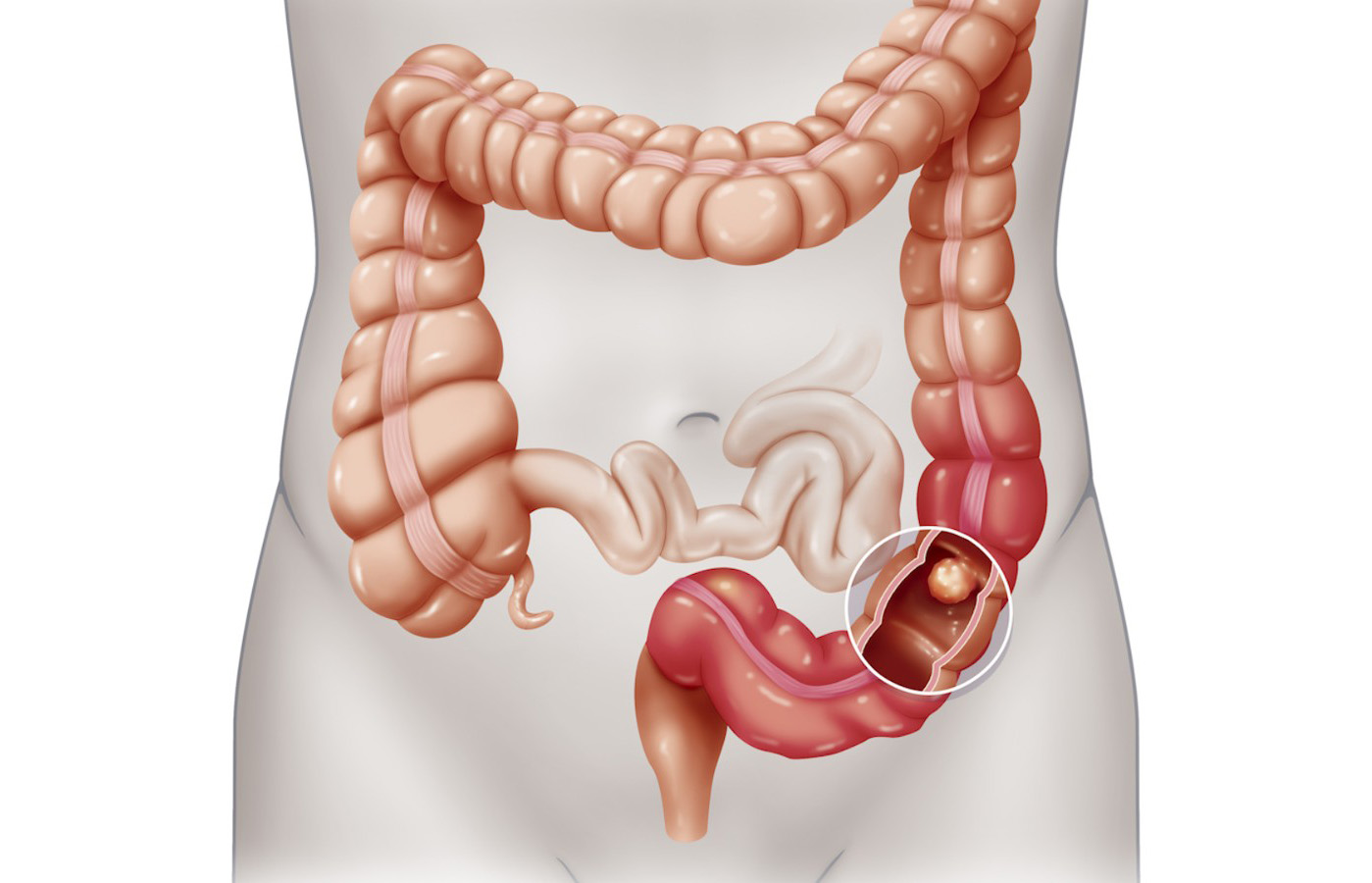
Early Detection and Lifestyle: key in fighting colon cancer
A recent study from the University of Milan reports that in the last half decade the total number of new colon cancer cases has gone down by 7.5% in women and 6.7 % in men in the six most-populated European countries. “This decrease represents an encouraging development, which shows that both early detection and a healthier lifestyle help save lives,” said Hon. Prof. Dr. Siegbert Faiss, chief physician of gastroenterology and interventional endoscopy at the Asklepios Clinic Barmbek. So minor changes like eating more green vegetables, cutting down on fat and sugar intake, drinking plenty of water, and getting a bit more sleep each night can add up to major benefits in your overall health.
This promising news does not mean that doctors and their patients should slow down rigorous, ongoing efforts to combat this type cancer. “Colorectal cancer primarily affects older people, beginning around 50 years old, making it even more important for people to have preventative examinations from this age onwards,” Dr. Faiss says.
His colleague, Prof. Dr. Carolin Tonus, chief physician of visceral surgery at the Asklepios Clinic St. Georg, further suggests that healthy lifestyle changes and regular preventative checkups may help in reducing the risk of contracting cancer. Further, she emphasizes that tobacco, alcohol, obesity, diabetes, poor eating habits and low amounts of physical exercise can promote the onset of cancer. Only a person’s biological predisposition cannot be influenced by these measures. “So, the earlier cancer is detected, the easier and more successful the treatment, as well as better chances for complete recovery,” she urges.
Both hospitals belong to the Asklepios Tumor Center, which was established in 2017 as a cooperation between seven of the group’s hospitals. The Center works with about 200 Asklepios doctors, making it the largest oncological network in the region. Through weekly tumor board meetings, the Center brings together interdisciplinary experts to discuss individual cancer cases to find the best treatment options for their patients.
